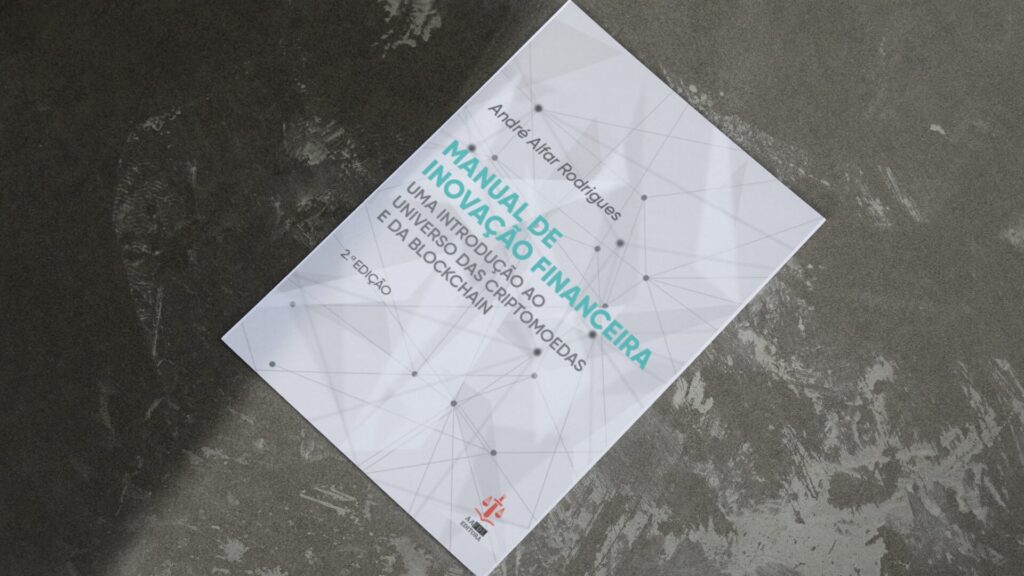
01.06.2021
Practice Areas: Finance
Proposal of Amendment to the Portuguese Securities Code
No passado dia 14 de maio, deu entrada no Parlamento a Proposta de Lei n.º 94/XIV/2.ª (“Proposta”), da autoria do Governo, que propõe, entre outras, a 39.ª alteração ao Código dos Valores Mobiliários (“CVM”)[1].
É previsível que as alterações ao CVM sejam aprovadas durante o ano de 2021.
Na presente Newsletter, destacamos as principais novidades avançadas pela Proposta de Alteração.
“Aiming to increase the competitiveness and development of the Portuguese capital market, the planned revision pursues the objectives of simplification, as well as reduction of red tape ; limitations and predictability in the actions of the supervisor, always with the necessary safeguard of investor protection and market integrity.”
Main Changes
1. The elimination of the figure of public company
The figure of public company is eliminated as it has no parallel in other legal systems.
Publicly-held companies which have this status on the date of publication of this law will continue to be governed by the legal and regulatory rules in force until 31 December 2022.
2. Voting Rights and Percentage of Capital
Provision is made for the possibility of issuing shares with plural voting rights. Companies issuing shares admitted to trading on a regulated market, or on a multilateral system, may issue shares with special plural voting rights, up to a limit of five votes per share.
With regard to the regime of participation and voting in general meetings, there are changes to be highlighted. In the meetings of companies issuing shares admitted to trading on a regulated market, the right to vote on matters included in the notice may be exercised by correspondence.
Shareholders may appoint different representatives for shares held in different securities accounts for each general meeting.
If votes are cast electronically, then the issuing company must send electronic confirmation of receipt to the person who cast the votes. It should inform the investor on behalf of whom the shareholder holds the respective shares as to whether the votes have been validly recorded and counted, up to 30 days after the general meeting, and free of charge.
In terms of litigation, it should be noted that an injunction to suspend a corporate resolution may now be requested by shareholders who, individually or jointly, hold shares corresponding to at least 0.5% of the share capital.
3. Public offers
It is important to highlight the elimination of the double threshold for the exercise of the squeeze-out right, which becomes 90% of the capital.
Greater transparency in the conduct of the directors of the target company is also included in this proposal. The aim is to prevent conflicts of interests, eliminating obstacles to the emergence of competing bids that present more favorable conditions to the addressees of such bids.
Concomitantly, the duty to launch a takeover bid is no longer compulsory in the case of transmission of control mortis causa.
The regime of mandatory intermediation in public offers for admission to trading is eliminated in order to reduce bureaucracy in the process of admission to trading.
The above rules will not apply to securities issued by collective investment undertakings; Central Banks of one of the Member States and the European Central Bank.
4. Certificate of legitimation
Legitimation certificates have been created in order to foster the exercise of shareholders’ rights.
Through this mechanism, it is possible for the beneficial owners of securities to directly exercise the rights of shareholders.
The aim is thus to overcome the difficulties that have been referred to by investors who wish to exercise their voting rights in the general meetings of national listed companies as an alternative to their representation by the custodian banks.
In this context, the Securities Code, as amended by the Proposal, now provides for the issue of certificates of legitimacy for the exercise of voting rights by a person other than the holder when:
- It is requested by a person with legitimacy for registration;
- The certificate indicates the date of issue, the category of securities, the identification of the holder of the account and of the legitimated person, the rights that the latter is legitimated to exercise and, if applicable, the term within which he/she may do so;
- The securities for which the certificate is issued is blocked.
5. Qualified Participations
The CMVM must organize an information disclosure system which is accessible to the public and which may include, among other aspects, information contained in its registries, as well as decisions of public interest or other information either communicated to it, or approved by it on qualifying holdings.
In parallel, issuers of shares admitted to trading on a regulated market in Portugal must disclose, in a chapter of the annual management report, a detailed report on their governance structure and practices, concerning the number of qualifying holdings in the company’s share capital.
Following the aim of standardizing procedures at a European level regarding information duties on qualifying holdings, the Proposal provides for the calculation of a qualifying holding in accordance with European Union legislation on these matters.
In the case of non-transparent qualifying holdings, that is, holdings not reported in accordance with the provisions of the CVM, the CMVM must notify the interested parties, the management and supervisory bodies and the chairman of the general meeting of the relevant company and inform the market.
In conclusion, as part of its powers of prudential supervision, the CMVM may adopt the necessary measures to safeguard its financial soundness, investors’ interests and the stability of the financial system and the market. In this context, it may inhibit the exercise of voting rights by shareholders or holders of qualifying holdings.
6. Regulation and Supervision
The regulation and supervision of financial markets is subject to several innovations that pursue a double function: simplifying processes and increasing the protection of investors.
The proposal aims to endow the CMVM with powers to supervise the suitability, qualification and professional experience requirements for members of corporate bodies and the suitability of partners in auditing firms.
On the other hand, the CMVM will supervise the public interest functions carried out in Portugal and which include the statutory auditor, the SROC, auditors and auditing entities of member states and third countries.
With regard to the protection of investors, the CMVM may require the disclosure of data on identified situations and on the conclusions regarding quality control whenever it considers it relevant for the public or for the effectiveness of supervision.
For further information please contact [email protected]









































